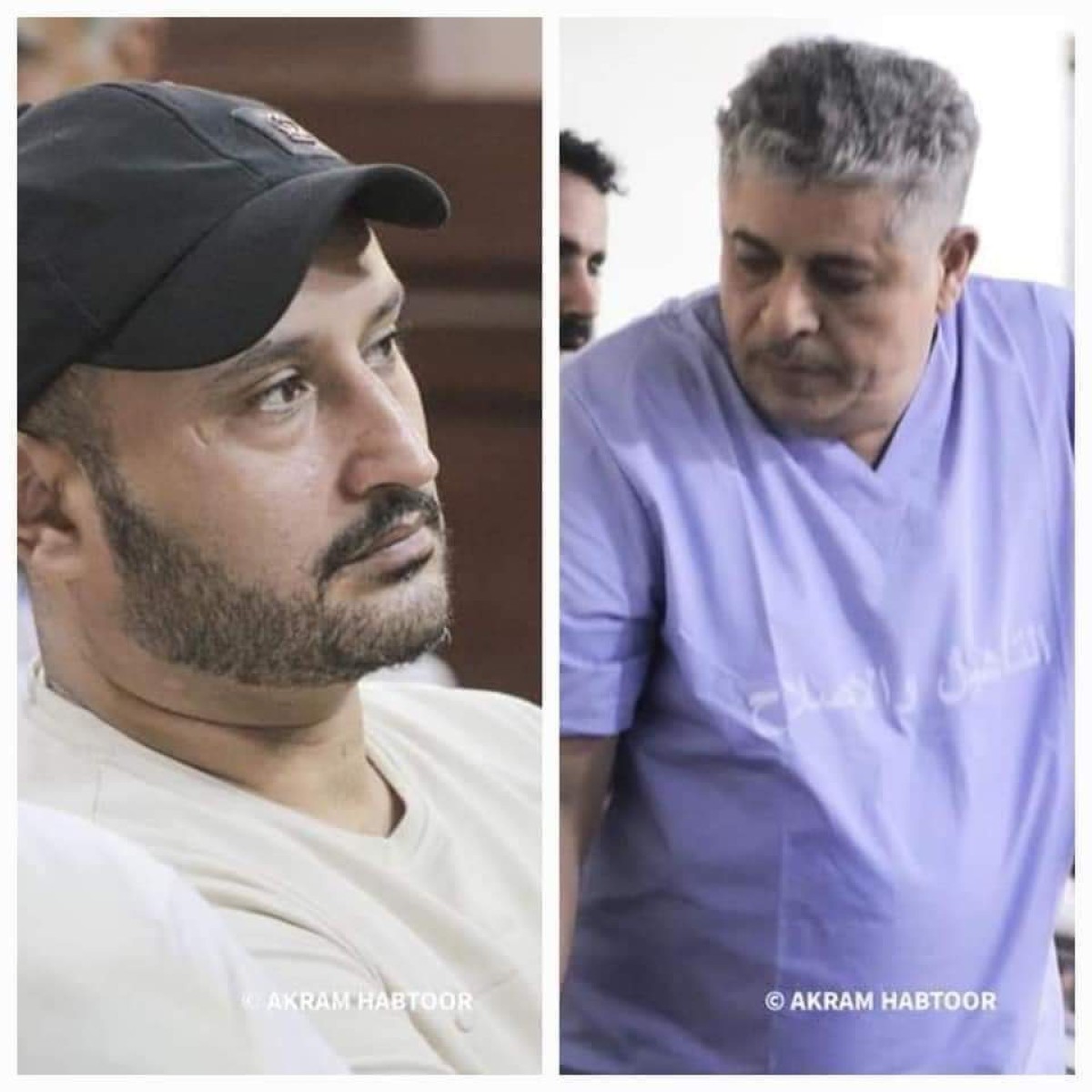Giving the last opportunity to defend... Tomorrow, a session will be held at the Court of Appeal regarding the case of Haneen Al-Bakri


Journalist Abdul Rahman Anis provided details about the latest developments regarding the case of the child Haneen Al-Bakri and the accused Hussein Harhara.
Anis said, “Tomorrow, Monday, the Court of Appeal will hold its third session, and it is expected that it will be the last session before the ruling is pronounced, unless the court decides to postpone it to another session in the event that new developments emerge or for considerations deemed by the court panel. And just as the court of first instance was, the judicial battle is underway.” All of them in the appeal revolve around the issue of (criminal intent) with its two parts (knowledge and will), and both parties to the criminal dispute seek to prove their arguments regarding its availability or non-availability.”
He added, “In the first session of the appeal, the accused’s lawyer filed an appeal against the initial ruling and the Appeals Prosecution requested an opportunity to respond to it. In the second session, the Prosecution presented its response and asked the Court of Appeal to uphold the initial ruling in all its paragraphs. The Court of Appeal gave the defendant’s defense team a final opportunity until the next day.” Next Monday, he will submit what he has of the appeal’s evidence, whether it is clips, witnesses, or whatever, and it is expected that after Monday’s session, the case will be reserved for a ruling, especially since the prosecution and the victim’s lawyers were content to present what they had.”
He went on to say, “The Court of Appeal differs from the Court of First Instance in the number of judges and is considered a higher-ranking court. The Court of First Instance consists of one judge, while the Court of Appeal consists of three judges. In accordance with the Code of Criminal Procedure, the ruling is issued after the completion of deliberation and the deliberation takes place between the judges together by a majority.” Opinions, and no judge may abstain from voting when issuing a ruling or decision, nor may he abstain from signing the ruling no matter how contrary his opinion is, in accordance with what is stipulated in Article (396) of the Code of Criminal Procedure.”
He confirmed that this summary is considered within what the Court of Appeal allows for publication and does not conflict with the detailed publication ban decision issued by the Court in this case, according to what I understood from His Eminence Judge Muhammad Al-Junaidi, President of the Court, in a meeting with him.